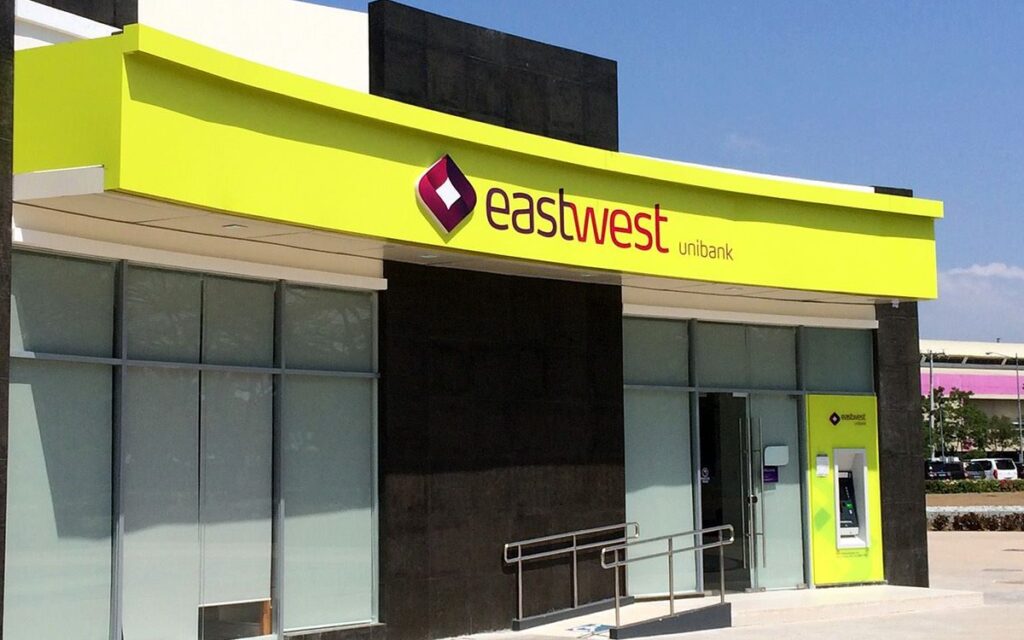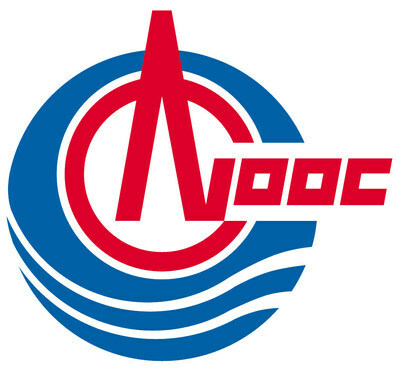
From left, headquarters of Shinhan, Woori, KB Kookmin and Hana financial groups / Courtesy of each company Net-selling driven by disappointment over value-up plans, capital shift to defense stocks By Jun Ji-hye Foreign investors are exiting in large numbers from major financial holding firms here despite their record-high earnings announcements, market watchers said Wednesday. The move is attributed to disappointment over their shareholder return plans falling short of market expectations in addition to concerns over a decline in the common equity tier 1 (CET1) ratio, they said. CET1 is an indicator of how adequately a bank’s core capital covers its risks.
This reflects a shift in market evaluation criteria for financial companies, prioritizing asset quality management and value-up plans over mere earnings performance. The growing investor interest in shipbuilding and defense stocks, driven by U.S.

President Donald Trump’s tariff policy, is also said to have contributed to the decreasing popularity of financial stocks. Since KB Financial Group announced its 2024 earnings on Feb. 5, foreign investors have recorded a net selloff of 372 billion won ($259 million) as of Tuesday.
This is considered unusual, given that the company surpassed 5 trillion won in annual net profit for the first time. “KB Financial's CET1 ratio and share buyback size were somewhat disappointing compared to market expectations,” Hana Securities analyst Choi Jung-wook said. “The company’s efforts to manage CET1 more aggressively appeared less urgent than those of its rivals.
” KB Financial announced plans to buy back and retire 520 billion won worth of shares within the first half of this year, but this fell short of market expectations of 1 trillion won. In addition, the firm’s CET1 ratio declined from 13.84 percent in September to 13.
51 percent in December, a drop of 0.33 percentage point. While this still remains above the financial authorities’ recommended level of 12 percent, concerns over a further decline have emerged due to factors such as the rise in the won-dollar exchange rate.
“The 33 basis point decline in the CET1 ratio in the fourth quarter significantly reduced shareholder return capacity,” Mirae Asset Securities analyst Jung Tae-joon said. “The planned share buyback and retirement for the first half of the year amounts to 520 billion won, only half of our estimated 1 trillion won.” The KOSPI index and the won-dollar exchange rate are displayed at the dealing room screen at Hana Bank in Seoul, Wednesday.
Yonhap With KB Financial, the top pick among financial stocks, facing challenges, investor sentiment toward its competitors has also deteriorated. Since Shinhan Financial Group announced its earnings on Feb. 6, foreign investors have recorded a net selloff of 108 billion won as of Tuesday.
Foreign investors of Hana Financial Group also sold off a total of 2 billion won from its earnings announcement on Feb. 4 until Tuesday. In contrast, Woori Financial Group was the only major financial holding firm to record a net foreign buying of 24 billion won from its earnings announcement on Feb.
7 until Tuesday. Woori’s CET1 ratio stood at 12.08 percent at the end of last year, significantly lower than its rivals.
However, the improvement from 11.95 percent tallied in the third quarter was viewed positively. While foreign investors were offloading financial stocks, buying momentum has continued for defense stocks, which are considered beneficiaries of Trump’s policies.
According to the Korea Exchange, from Feb. 1 — when Trump signed an executive order imposing tariffs on Canada, Mexico and China — until Monday, defense and railroad system firm Hyundai Rotem recorded net foreign purchases of 177.2 billion won, ranking second, while Hanwha Aerospace saw net foreign purchases of 121.
1 billion won, ranking fifth. The defense sector, seen as immune to tariff conflicts, has consistently remained among the top-performing industries, supported by strong export growth and stable revenue. “In the era of Trump’s protectionism, driven by tariff threats, the defense industry stands to benefit clearly,” Shinhan Investment & Securities analyst Lee Dong-heon said.
Read More Financial groups eye older adult nursing care as next growth engine FSS governor issues zero-tolerance warning for misconduct to financial firms Hana Financial to buy back treasury stocks worth $270 mil..















